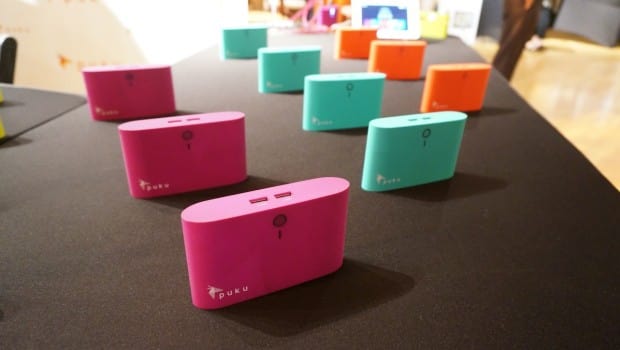
It has been one long, arduous year since the girls of Government Secondary School were kidnapped by Islamic militant group Boko Haram, and on the anniversary of the abduction, a procession is reportedly being held in Nigeria’s capital as affected parents, relatives, and communities continue to wonder whether they will ever see their daughters again, reports the BBC.
Keep Up With Face2Face Africa On Facebook!
In Abuja, 219 girls are taking part in a ceremony to represent each of the students that were kidnapped last April.
And for all who are concerned about this tragedy, the fact that the Chibok girls have still not been rescued is a major disappointment.
Incumbent President Goodluck Jonathan likely lost his re-election last month due to his failure to both reign in the terrorists and return the girls home.
From the beginning, President Jonathan and other government officials botched their response to the kidnapping.
A Litany of Wrongs
Initially, the President denied claims that the kidnapping had taken place, but when Chibok parents and local officials spoke out, undermining the President’s stance, he sought the international community for help in finding the students…a month later.
On the ground, though, confusion also reigned as the number of girls taken was reported inaccurately.
As Face2Face Africa previously reported:
On April 14th, it was originally reported that more than 100 students were abducted from GSS, with Borno Provincial Governor Spokesman Isa Umar Gusau informing the public that most of the girls had escaped and returned home. Borno Governor Kashim Shettima immediately spoke out — countering Gusau — that only 14 girls had escaped and the rest were still being held hostage, effectively elevating the confusion.
Soon after, Gusau would release another statement conceding that his figures were wrong, but the chaos would only escalate once it was discovered — nearly two weeks later — that the number of girls missing was actually double what was initially reported.
Yet, President Jonathan wouldn’t meet with grieving parents and escapees until nearly three months later.
The meeting, though, only came at the behest of Pakistani girls education advocate and Nobel Peace Prize winner Malala Yousafzai.
In the meantime, Boko Haram would go on to abduct more girls as well as women and even boys, perpetuating terror on a number of northeastern towns and cities that would eventually form their growing Islamic caliphate.
By October, Nigeria’s Chief of Staff, Alex Badeh, would announce that they had actually made a truce with Boko Haram and the missing schoolgirls would soon be released.
As Face2Face Africa previously reported:
After meeting with Cameroon in a three-day security meeting, Badeh announced the much-sought-after news of the impending girls’ release. According to Presidential Aide Hassan Tukur, the negotiations between the government and Boko Haram have been ongoing for a month, with Chad acting as the mediator.
By Thursday, Boko Haram had reportedly agreed to a unilitateral ceasfire in response to the truce.
Of the girls’ impending release, Tukur said, “They’ve assured us they have the girls and they will release them,” he said. “I am cautiously optimistic.”
Government Spokesman Mike Omeri also confirmed the significant news of the students’ release, adding, “We are inching closer to release of all groups in captivity, including the Chibok girls,” he said.
Instead, days later, Boko Haram would swiftly reject the bombastic claim and continue their destructive activities uninterrupted.
Now a full year later — in light of Boko Haram leader Abubaker Shekau‘s claim that the girls have all been converted to Islam and married off — #BringBackOurGirls organizations, parents, and communities are still wondering whether the girls will ever return home.
BBC Nigeria Correspondent Will Ross explains, “It has been a whole year of agony for the relatives of the missing 219 Chibok girls. There have been a few sightings of some of the abducted students but very little official information from a government that has long promised to rescue them from the clutches of Boko Haram.
“One Mother told the BBC she sometimes arranges her 19-year-old daughter’s clothes in the hope that she is about to return home.”
And #BringBackOurGirls Spokeswoman Aisha Yesufu asked, “Our president has said the girls are alive. Our question is: ‘Where are our girls?'”
Watch a video on the Chibok girls’ abduction here:
Meanwhile, demonstrations are reportedly scheduled worldwide to show solidarity with the #BringBackOurGirls’ movement.
On the anniversary, President-Elect Muhammadu Buhari told the press that he and his government would “do everything in its power to bring [the girls] home” but also said he “cannot promise that we can find them.”
SEE ALSO: University Victims Give Harrowing Details of Al-Shabab Attack










